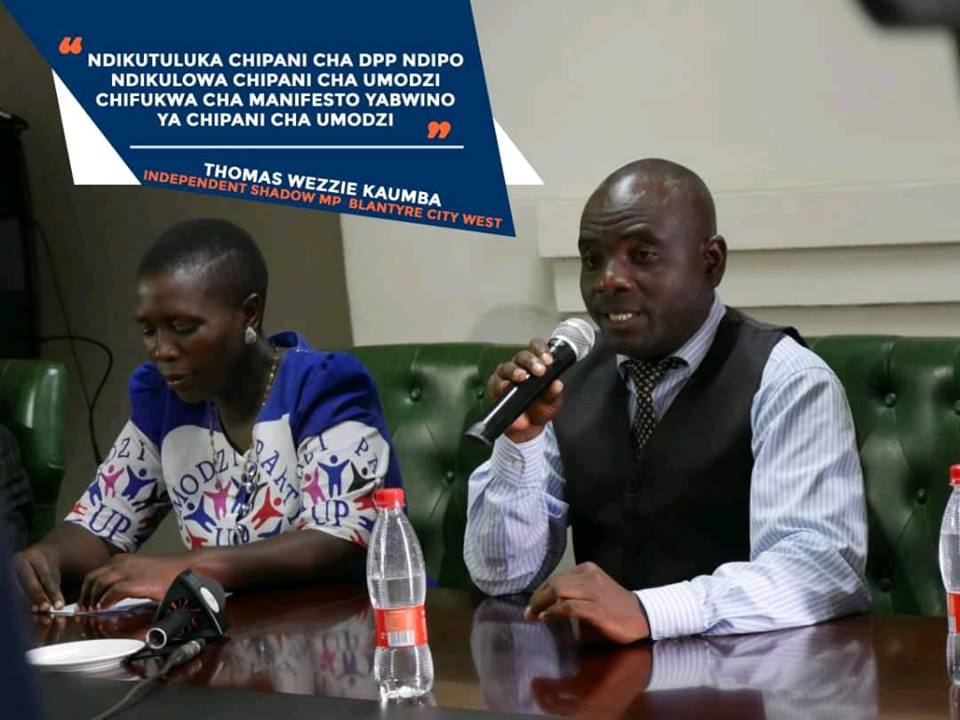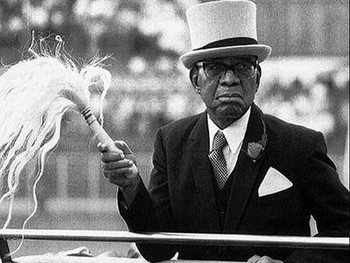Fashion is by far the biggest threat to traditions and culture. Especially African youths, they all want to be white. Aren’t you proud to be African? Be it black or light-skinned, we have different cultural believes, but these cultural believes are at risk of eradication as many tend to run away from embracing their true identity and assume a more public-preferred one.
A good example is the use of skin-lightening cosmetics, also commonly known as bleaching. Skin lightener has always been available in one form or another, but there has actually been an increase in its usage in the past few years, especially among young black women. Yet people are still scorn to talk about it, let alone admit using it.
These products contain hydroquinone, which inhibits melanin formation. They are legal, provided they contain no more than two per cent hydroquinone, and easily available from chemists, usually in the form of a cream, costing about pounds 3 a tube. But with over-use, they can cause irreversible skin damage and other health problems. So, why do so many young black African women continue to use them?
It has also come into the light, that Black celebrities are even bleaching themselves. Some of the most notable Black celebrities accused of bleaching are Sammy Sosa, Rihanna, Beyoncé, and many others who are not famous, use dangerous skin bleaching creams.
Dark girls makes for a haunting and uncomfortable watch. Listening to beautiful women admit to insecurities that led them to request bleach in their bath water or putting hair removal cream in the scalps of their light-skinned school peers as an act of jealousy would seem all but ridiculous if it didn’t hit so close to home. Studies show that non-whites tend to embrace the beauty standards prevalent in most societies, which grant a higher desirability to lighter skin than to darker skin. Why is that?
It features men with pixelated faces trying and failing miserably to justify their own prejudices – “I just prefer light skin women”. “Dark skinned women just look wrong next to me” – stories from African American women confessing black men would lust after them in private, but opt for a light skinned trophy to parade in public.
The dark skinned woman, however, is in a much more precarious position. How could the dark skinned woman ever be in style in a black community that has internalized white supremacist notions of beauty? In the minds of white supremacist blacks, her dark skin marks her as rough, rugged, unfeminine, and ugly. The intersection of white supremacy and patriarchy. Light skinned men may go out of style in the black community, but the light skinned woman will always hold her position in a community that views her lighter skin as a marker of feminine beauty.
Not all black women can cope with the pressures of discrimination. It isn’t surprising that many believe they will make their lives easier by lightening their skin. When I discussed this article with some of my white friends, they were completely puzzled as to the reasons why anyone would do it. After all, I don’t myself. But according to some of my friends, some women who use skin lightener aren’t concerned with the desire to be white. They are concerned with attempting to lessen the effects of racism and sexism in their lives. They use skin lightener to try to gain respect and to be treated as an equal.
But why, what and who have convinced them that their skin wasn’t beautiful when it was brown? Unbeknownst to them this self-hatred has been indirectly affecting them.
Many women who use skin lighteners believe it has changed their lives – although this could have as much to do with an increase in their confidence as the lightness of their complexion.
Some people think that users of skin lightener only have themselves to blame when things go wrong, because they don’t have a sense of their own identity and are too quick to accept a Westernized look. Women of African Caribbean origin who do something as simple as straightening their hair are especially singled out for criticism.
Look at all the black stars who have had plastic surgery on their noses and lips to make themselves look more acceptable and won’t even own up to it.
There is a solution to this light-skinned/dark-skinned problem and the issues that come with it.
The solution to this problem is simple: Educate black children at an early age about history and how race mixing was used as a weapon of mind control back in the day. Once they understand this, all the other issues such as self-hatred and the divisions are erased. This is the only way to ensure these mental chains are broken. So education has to reverse that process. This teaching will have to be instilled into young children at an early age all the way into adulthood.
Once these teachings have been correctly executed, there will be a new enlightenment in the black community and there will be more progress as a race. Self-hatred will be a thing of the past. The inequalities that exist because of divisions made by our ignorance will be no more. The black race will be unified and strong like it once was before our enslavement.
In additional to that, there must be a more nuanced approach to how we see each other, and our approach to young black people in all spheres of society. While they represent hope for transformation, and even an easy way out to this imperative, they too have wide and even wild ambitions for themselves – beyond what those who contribute to their growth may envision and desire.
This is the way it should be in how we encounter black characters. For those who aren’t used to their visibility, their presentation may be unusual but it is not a reflection of them but of us, for our minds are more accustomed to light. We need to demand more participation of ourselves. Maybe our eyes aren’t enough. Maybe we do need more from our bodies to connect with their characters. Because they are there. They’ve always been there. We just aren’t seeing them correctly.
I hope that by having these conversations and confronting the enemy within, as well as the bigger picture, little black girls of any skin tone won’t ever have to question their looks. Society will learn to tell them they are beautiful, and their response, quite rightly, will be: “I know”.
Stop racism, Be Proud to be Black! Be Proud to be African!





No comments! Be the first commenter?